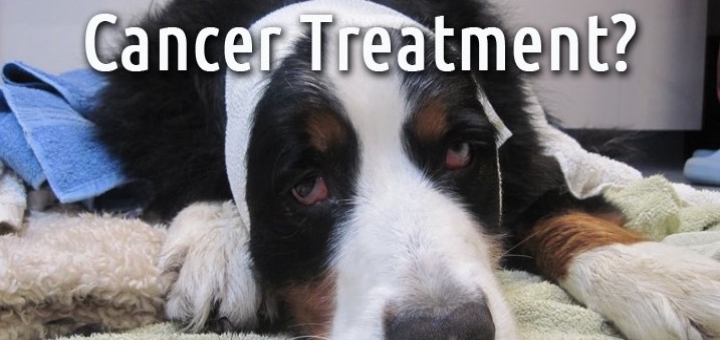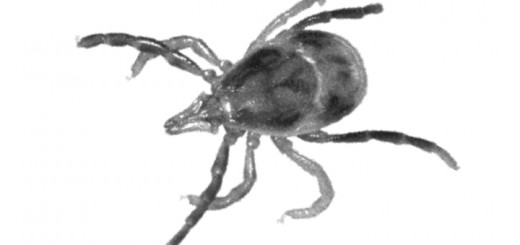Important Questions About Pet Cancer You May Want to Discuss with Your Vet
Pet cancer is serious and so, pet parents approach or observe different doctors treating it. But they are confused when they see that these different doctors have different ways of treating the same disease and start losing confidence about their pet’s health and recovery.
Let’s find out if there are reasons to believe your vet for your dog cancer treatment.
The first and foremost question that arises in pet parents’ minds is
1. “Why do different oncologists have different protocols/cutoff blood counts for treatments, or administer treatments differently?”
Owners are often surprised when they see different oncologists making different recommendations. They expect that for a disease like cancer there should be a set path of treatment that will give a surefire result or after they’ve done some research and discovered protocols online or via other doctors
However, it is a truth that even for a condition like cancer, supposedly having a “gold standard” of treatment, the levels of protocols may usually differ slightly for every attending doctor. This variation comes from their individual training, experience and knowledge of the particular cancer.
Here it will be helpful to consider how different chefs cook a same food item in slightly different ways based on their individual training, experience and knowledge of the food item. However, the item is more or less the same in taste as far as the main ingredients are same and equal.
2. Can the Pet Receive Vaccines and Flea-Tick-Heartworm Medicines Despite Having Cancer?
There is no considerable evidence to support the assumption that vaccination can cause cancer in pets. However, there are oncologists who don’t advise vaccinations for their animal patients, but there are still others who don’t object on it.
Dogs receiving chemotherapy treatment can mount enough immune responses to vaccines, which supports the view that their immune system is working sufficiently while they are receiving anti-cancer treatment.
But we don’t know whether the physical action of vaccination could give rise to some type of stimulation of immunity that could add to cancer progression or relapse, or a patient refracting to an earlier successfully completed treatment.
Human patients having a history of cancer are recommended to get influenza vaccines, not for the reason that they are more susceptible to flu, but for the reason that they are at greater risk of developing complications that can arise from infection. Apart from this, veterinary cancer specialists have incredibly little details from humans to help support their recommendations.
To vaccinate or not, is a decision that should be taken together by the vet oncologist and the pet owner in a holistic manner, wherein pet’s and family members’ safety should be considered equally.
3. Is there any Oral Treatment for Pet Cancer and is it Safer?
A huge majority of chemotherapy for animals with cancer is administered IV (intravenously). But a few oral treatments do exist too. However, they are not considered safer than their intravenous counterparts. In reality, the chemotherapy treatment that poses the highest risk of reducing WBC count in dogs is an orally administered medication known as Lomustine or CCNU.
Thus it’s a myth that oral chemotherapy is less toxic for the pet. Any chemotherapy has some or the other adverse effects. The best part is if prescribed correctly, the risk is completely minimized.
4. Won’t it be Better to Wait for Starting the Cancer Treatment if the Dog has been Diagnosed with Cancer but is not Showing any Signs?
No! Unfortunately, waiting for the treatment until the patient starts showing symptoms can increase the risk of worsening the disease and thus poor outcome of the treatment.
Pets who are self-sufficient, meaning they are eating well and not having vomiting, diarrhea, weight loss, breathing difficulties, or other adverse clinical signs, tend to have a better response to treatment and are also less likely to experience side effects. Therefore, the most ideal time to institute therapy is immediately following a diagnosis.
Author’s Bio: Harlene Truong is the content writer for Gordon Vet hospital in Turramura Vet Clinic. She is a great animal lover since childhood. Accordingly, she completed her education from Sydney University and alongside kept working with animal healthcare companies so as to get the enjoyment of being surrounded by animals always.
Pressplay Pets a blog for the modern age pet parent interested in health & care, news, reviews & personal accounts of unconditional love & at times heartfelt pain of pet parenting!
Follow Us!





